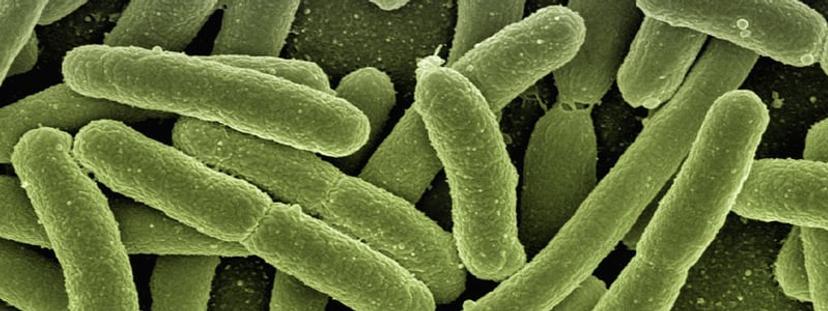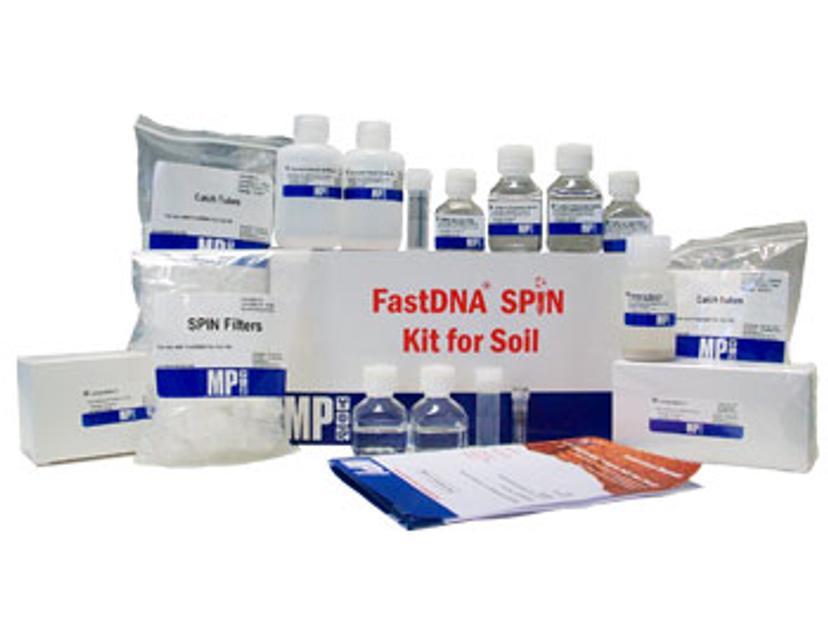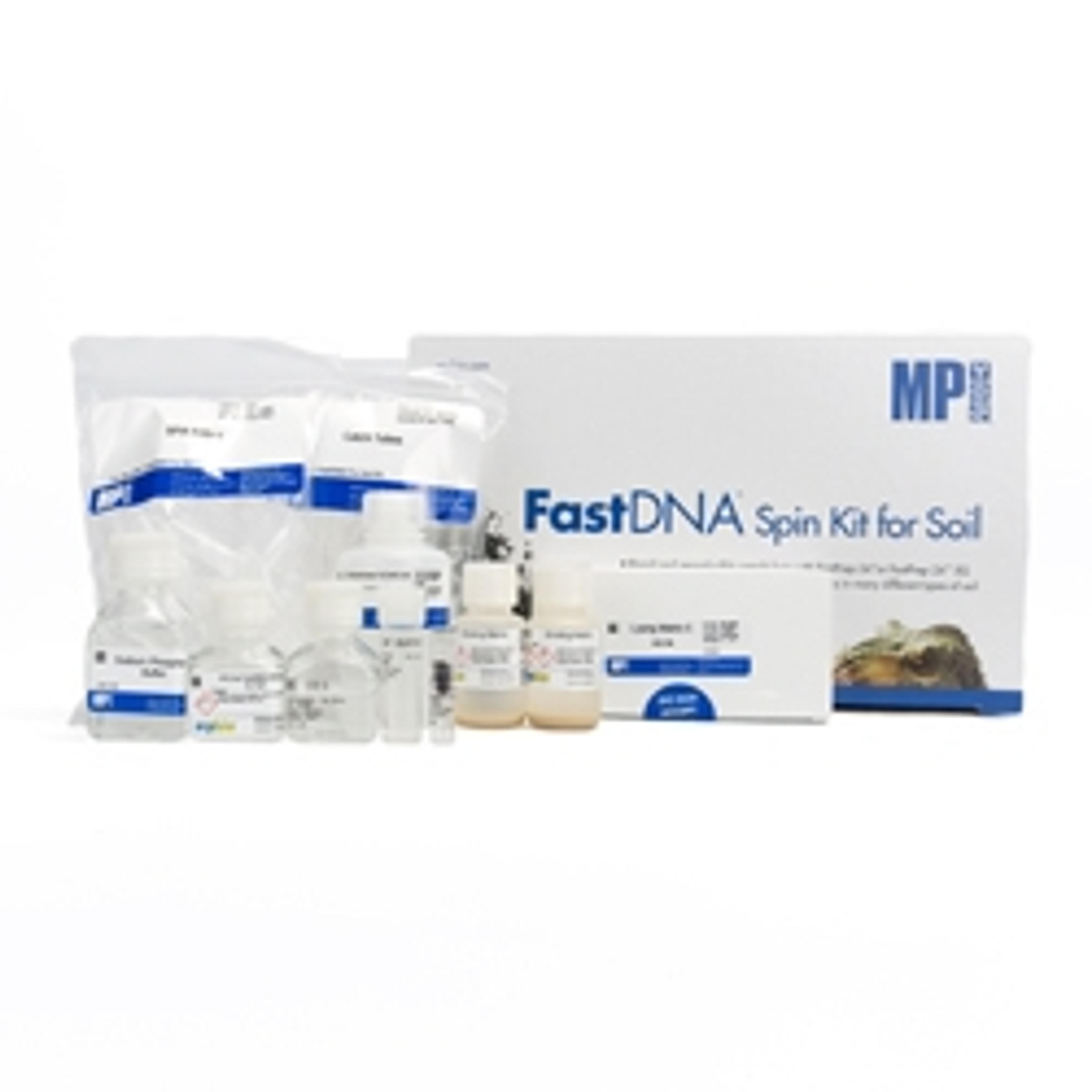How microbes could help save the planet
Dr. Angela Smirnova discusses her work on microbial ecology, including how the concept of ‘bioremediation’ could help to tackle greenhouse gas emissions with microbes
12 Nov 2019
Tackling global warming is critical to protecting the planet’s future. If human activity continues to impact climate change at its current rate, experts predict regular extreme weather events and mass loss of life in a dramatically altered world. The magnitude of this environmental change is dependent on the quantity of greenhouse gases we continue to emit over the next few years and can be mitigated with global anthropogenic efforts. However, whilst changes in human activity are unpredictable, the good news is scientists are beginning to find hope in natural remediation solutions: microbes.

Dr. Angela Smirnova is a Research Associate based in the Extremophile Laboratory, within the Department of Biological Sciences at the University of Calgary. She is currently working on multiple microbial projects, including the investigation of methane oxidation by a specific group of microorganisms - methanotrophs.
“Methanotrophs, or methanophiles, are types of bacteria, characterized by the use of methane as their sole carbon and energy source,” says Smirnova. “Most cultured methanotrophs grow aerobically and oxidize methane with uniquely expressed methane monooxygenases.”
Considering methane is a highly potent greenhouse gas – around 28 times more potent than carbon dioxide on a 100-year timescale – and its concentration is increasing by 1% each year, global warming scientists are extremely interested in the potential remediation capabilities of these single-cell organisms. They’re found most commonly in methane-rich environments, including marshes, soils, and landfills, where they mitigate the quantity released, but studies have shown that they are also capable of metabolizing methane from the atmosphere – actively reducing the greenhouse gas burden.
“These tiny organisms hold huge potential in the fight against climate change – related to the reduction of methane in the atmosphere,” says Smirnova. “But it doesn’t stop there, methanotrophs could also be employed for the bioconversion of methane into bioplastics, methanol, ectoines, exopolysaccharides and single-cell proteins. Furthermore, they are known to co-metabolize chlorinated compounds, which act as major industrial aquatic contaminants.”

Clearly, methanotrophs are an exciting entity in efforts to counter climate change. However, more work is required to fully account for the mechanisms that mediate methanotrophy. By employing genetic tools and qPCR analysis, her team was recently able to demonstrate that transcriptional regulation of genes encoding identical soluble methane monooxygenases contributes to a different lifestyle of either facultative or obligate methanotrophs.
They were able to isolate high-quality DNA from microbial communities for this type of analysis, using the FastDNA™ SPIN Kit for Soil, by MP Biomedicals.
“We use the FastDNA™ SPIN Kit for Soil technology to isolate DNA from environmental samples, such as soil and water,” explains Smirnova. “Ultimately, the integrity of your DNA sample determines the validity of your results, so this type of technology helps us to achieve publication-quality data that’s received by high-profile journals.”
Smirnova is confident that by gradually unpicking the underlying mechanisms of bacterial methane cycling, supported by top technologies and scientific expertise, future biotechnological development will take advantage of methanotrophy for methane-assimilation and offer a potential means of climate change reversal.
Do you use MP Biomedicals products in your lab? Write a review today for your chance to win a $400 Amazon gift card>>

